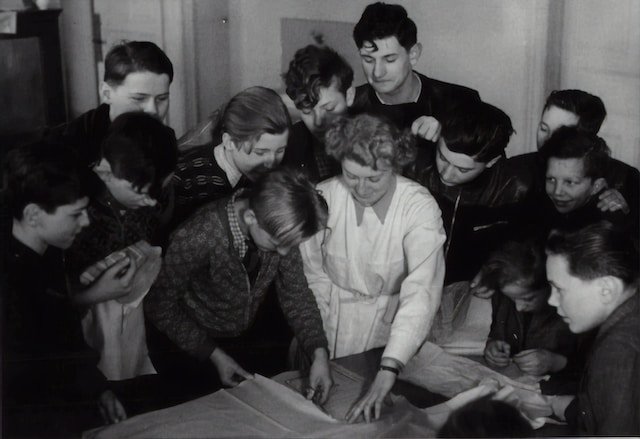How can drama be used to explore the experience of aging?
Aging is an inevitable aspect of life that many people struggle to confront and understand. However, drama can provide a powerful medium to explore and understand the experience of aging. In this article, we will discuss how drama can be used to explore the complexities of aging.
Depicting the Realities of Aging
Drama can be used to depict the realities of aging, including physical changes, mental decline, and personal challenges. By using realistic characters and situations, drama can provide an intimate and nuanced portrayal of aging that resonates with audiences. It can also help to demystify the aging process and highlight the common experiences that unite people across generations.
Creating Empathy and Understanding
Drama can also create empathy and understanding for the experience of aging. By presenting characters who are aging or dealing with age-related issues, drama can humanize the aging process and help audiences connect with the challenges faced by older adults. This can foster a greater appreciation for the unique qualities and struggles of older adults and promote greater respect and support for them in society.
Encouraging Dialogue and Conversation
Drama can also encourage dialogue and conversation about aging. By presenting provocative situations and characters, drama can spark discussions about the aging process and related issues such as caregiving, ageism, and end-of-life care. This can promote greater awareness and understanding of the challenges faced by older adults and foster a more inclusive and supportive society for people of all ages.
Providing a Vehicle for Self-Reflection
Lastly, drama can provide a vehicle for self-reflection for people of all ages. By presenting characters who are navigating the aging process, drama can encourage audiences to reflect on their own experiences of aging and consider how they might approach aging in the future. This can promote greater awareness and a deeper appreciation for the aging process as a natural and meaningful part of life.
Conclusion
In conclusion, drama provides a unique and powerful mode for exploring the experience of aging. By depicting the realities of aging, creating empathy and understanding, encouraging dialogue and conversation, and providing a vehicle for self-reflection, drama can promote greater awareness and appreciation for the aging process and help to build a more inclusive and supportive society for people of all ages. As our population ages, the role of drama in exploring and understanding the aging process will only become more important.
Are you looking for a fresh and exciting way to engage your school’s drama program or your child’s creativity? Try YouTube drama! It’s a fun and modern way for students to create and perform in their own videos. YouTube drama is flexible, convenient, and can even reach a wider audience. Plus, it teaches valuable skills like video production, editing, and storytelling. Click here to learn more about how YouTube drama can benefit your school’s drama program.







